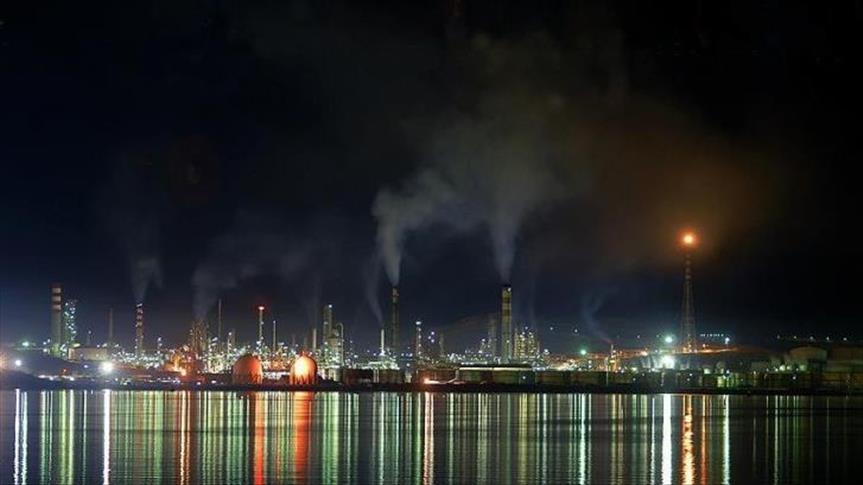The implementation of successful climate policy is contingent not only on state participants but also increasingly on non-state actors. Given the many years of climate negotiations since the 1970’s, in which negotiators failed to formulate an agreement, 195 countries made history when they finally agreed on the world’s most ambitious pact to curb carbon emissions in Paris in 2015.
As the Paris Agreement was built on voluntary pledges measured in the form of intended nationally determined contribution (INDC), the pact requires careful assessment on whether pledges have been met within a given timeframe. Within such a framework, non-state actors will undeniably play important roles by establishing and enhancing transparency and accountability through shared information sharing and understanding.
The proliferation of non-state actors in recent years around the world symbolizes the commitment to meeting the agreement’s objective of staying below 2 degree Celsius. Non-state actors such as civil societies, subnational authorities, business and trading organizations are playing increasingly significant roles as agenda setters, lobbyists, and advisors.
In recent years, non-state organizations have made great efforts in setting the agenda before major meetings, have participated in negotiations during the meetings and finally contributed to final resolutions through monitoring and reviewing the final outcome. The review process sees that non-state actors play the most important roles in implementation, compliance effectiveness.
The Paris Agreement established a mechanism based on three categories to better engage with non-state actors in the review process. Firstly through implementation, then through a review process, and finally through compliance. These provisions will review how parties meet their commitments under the Paris treaty. The roles that non-state actors play in measuring the final outcome of the treaty extends beyond the review process and includes the opportunity to give feedback and exchange views on how to get better results. Since 2015, non-state actors have contributed greatly to the review process, and as a result, their role has been acknowledged in many realms under the United Nations Framework Convention on Climate Change (UNFCCC).
A major boost for non-state actors occurred during the Conference of Parties in Lima (COP20) in 2014, where governments and the UNFCCC Secretariat launched a platform called Non-State Actors Zone (NAZCA). Over 5,200 different actors became involved in this platform. The aim is to link or align governments with non-state actors in generating synergies to meet the ambitious climate change policy targets as well as improving mitigation and adaptation targets.
On the NAZCA platform, the overwhelming majority of contributors are categorized mostly as cities, investors, and companies. The lion’s share of actors, totaling 707, is situated in the U.S. followed by Italy, Spain, the U.K., and Japan. Although the populations and size of the GDP of Sweden, Belgium Portugal are relatively smaller to that of other advanced countries, they have shown great efforts in contributing to the NAZCA platform.
Sweden holds a unique position among all others actors with its high engagement and leading position in initiating a relatively higher number of climate commitments. The country has participated in domestic climate initiatives with the view of achieving global goals set at COP 21 in Paris.
The Swedish government has spearheaded an initiative in 2015 to phase out fossil fuels in an attempt to run the country completely off renewable energy. This will take the international climate negotiations to a completely new level and it is believed that non-state actors will greatly contribute to the fossil-free Swedish initiative. Municipalities and Swedish companies have made great efforts to set the agenda and have taken a leadership role in the green movement. Through their commitments, they aim at creating greater mobilization in business and municipality communities towards achieving a transition to a fossil-free Sweden.
Understanding the role of non-state actors in climate politics has become critical in the application of climate mitigation, and in adopting policies to have more constructive results. The implementation, compliance and effectiveness of international climate law and policy will not be successful if it is merely confined to governments and intergovernmental organizations. Although the role that non-state actors play has not been definitively defined, the current trajectory suggests that as long as they continue to offer sound advice and hold their governments accountable in meeting their climate targets, the part they play will strengthen, and their voices will continue to be heard.
- Opinions expressed in this piece are the author’s own and do not necessarily reflect Anadolu Agency's editorial policy.


